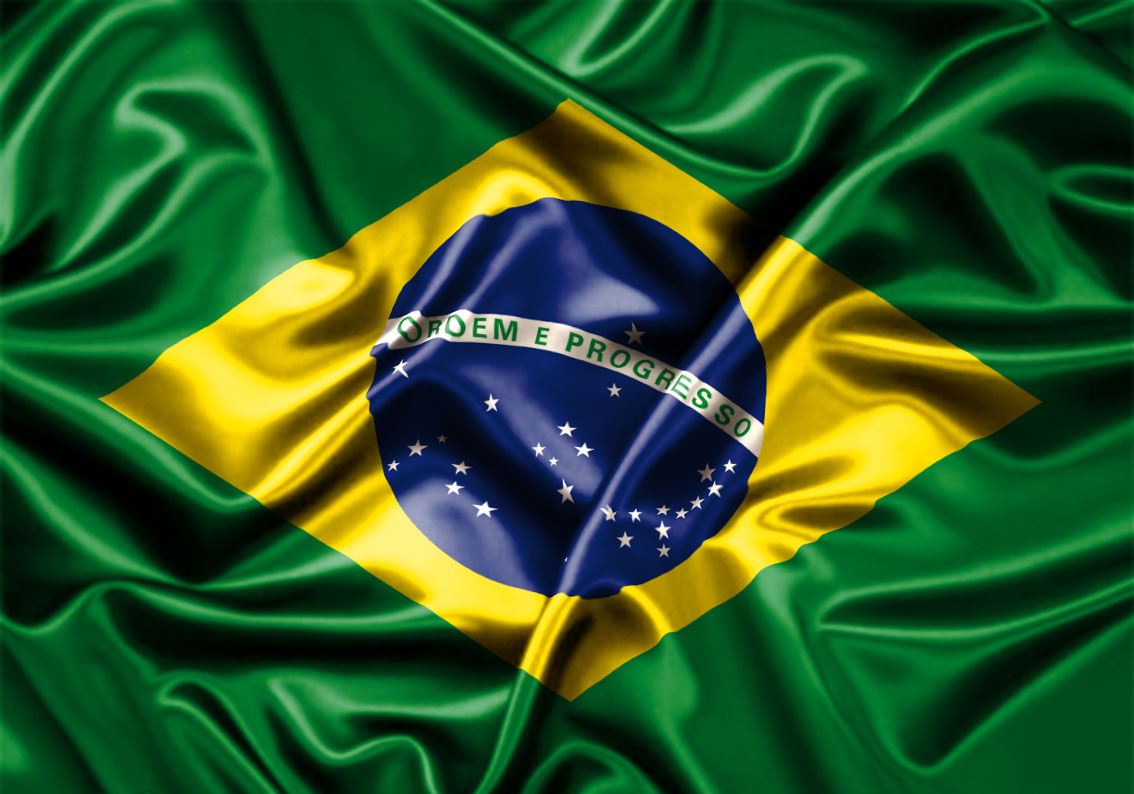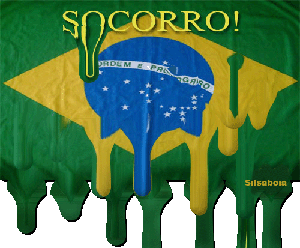Carlos Mathias escreveu:Vamos ao que interessa e deixemos o marketing para as empresas.
Relativiza a promessa de transferência de tecnologia,
lembrando sutilmente que submarinos e caças têm componentes americanos (logo, sujeitos a vetos).
Ótimo, confirma todas as informações do passado e do histórico neste aspecto quanto aos EUA.
Só não diz que as partes americanas do Rafale são livres de vetos e embargos (ITAR free), ou substituíveis por outras no mercado de peças, comuns e sem tecnologias sensíveis.
Seria como vetar parafusos e rebites, digamos.
Cita a fragilidade brasileira no setor, em que foi ultrapassado por Chile e Venezuela.
Dividir para conquistar, dando trela e cartaz para outros que, sabe-se, estão realmente longe de ser ameaças sérias a nós.
Desvia a atenção da verdadeira ameaça, que Orestes bem colocou como estando sempre fora do alvo das críticas, nessa estória contada pelo embaixador, só tem um santo.
Pelo menos é o que parece ser a intenção dos vazamentos.
Rivkin
afirma que todos os movimentos de Sarkozy visam uma entrada maior da França na América Latina, o
que preocupa estrategicamente os EUA.
Prá mim, é o que presta disso tudo, o lógico.
o francês usaria os acordos com o Brasil como
peça na campanha à reeleição em 2012. Para os EUA, o "festival do amor" ainda vai longe.
Assim como qualquer outro usaria, inclusive os EUA.
Itar-free?! Será?
http://www.abdonline.com/military/PDFof ... RING07.pdf
Quem implementa o ITAR é o Departamento de Estado.
O que é controlado pelo ITAR:
(...)
(1) A company offering any
product or service related to defense or space
applications, even if only within the United
States, must be registered with the U.S.
Department of State's Directorate of Defense
Trade Controls (DDTC); (2) A company
engaging in the export or temporary import of
any product or service related to defense or
space applications, including any type of
training, software, or technical data, must
comply with ITAR licensing regulations.
(...)
(...)
With few exceptions, however, if a
company's products were designed, modified
or equipped for a domestic or a foreign military
aircraft or system, the export regulations of the
Department of State's International Traffic in
Arms Regulations will govern the exports.
According to the U.S. Department of State's
Directorate of Defense Trade Controls, such
"manufacturers, exporters, and brokers of
defense articles, defense services, or related
technical data, as defined on the United States
Munitions List" are required to register with
DDTC in most cases.
The only way to determine whether
products are defense related is to perform a
thorough engineering evaluation of each
product, tracing the initial application for which
the product was designed or adapted. Once
such an evaluation is completed, it is important
to document the findings in order to respond to
possible future inquiry. The same basic rules
apply to services;
if they are in any way linked
to defense-related applications, they are
governed by the ITAR.
Such determinations are not always
intuitive.
For example, if a commercially
designed rivet is modified by .001 inches
specifically for a military aircraft, that rivet
becomes ITAR controlled.Many companies run
afoul of the ITAR due to a lack of
understanding of the implications of this subtle
rule and other regulations. Stanley observes, "I
frequently find that small- and medium-size
companies don't seem to have a clue about
ITAR regulations, and those regulations can
seem quite inefficient, unclear, and
unpredictable."
(...)
(...)
In the aerospace industry, it is often true that
the same or similar products or services–such
as spare parts, repairs, or technical data–may
have applications on both a commercial and a
military version of an aircraft.
Producers and
distributors often mistakenly think that since
such products are "dual-use"–that is, applicable
to both commercial and military
applications–only Department of Commerce
commercial export regulations apply.
(...)
Aquisição de produtos controlados pelo ITAR fornecidos por empresas não americanas:
(...)
The Department of State does allow for the
procurement of ITAR-controlled products from
non-U.S. sources and for the sale of controlled
parts to foreign buyers, so long as certain
procedures are followed and there are no
embargoes or restrictions on the parties
involved. A common approach is the use of
standard DSP-5 licenses, procedures
described in ITAR Sections 123.1 for sales of
products and in 124.13 for offshore
procurement.
(...)
Os itens PENALTIES FOR VIOLATION e MANAGING WITHIN THE LAW são particularmente interessante.
Os Exportadores americanos de equipamentos militares e aqueles que usam equipamentos americanos em produtos militares como a EMBRAER precisam ser safos em manejar os regulamentos do ITAR:
(...)
"If a foreign customer asks about ITAR
licensing and you can't intelligently respond, a
red flag goes up," he says. "But if you can
provide reassurance to non-U.S. companies
that export licensing will not be an issue, then
you have an advantage."
(...)








